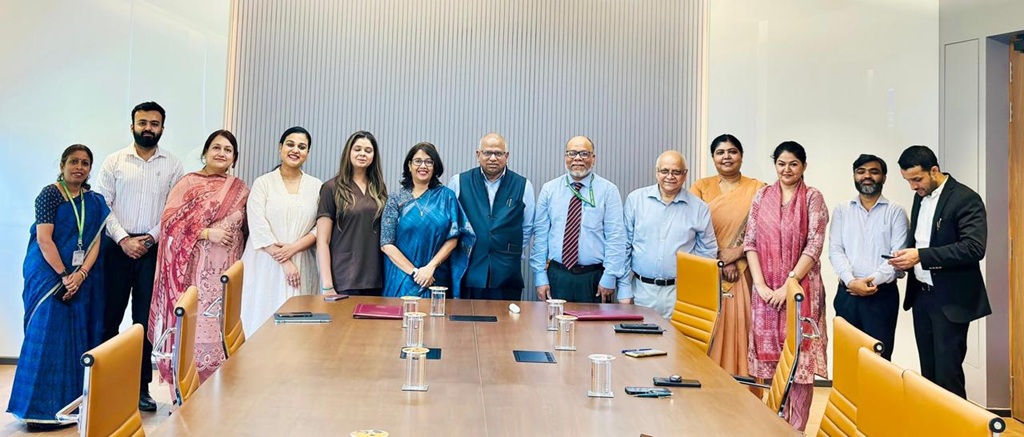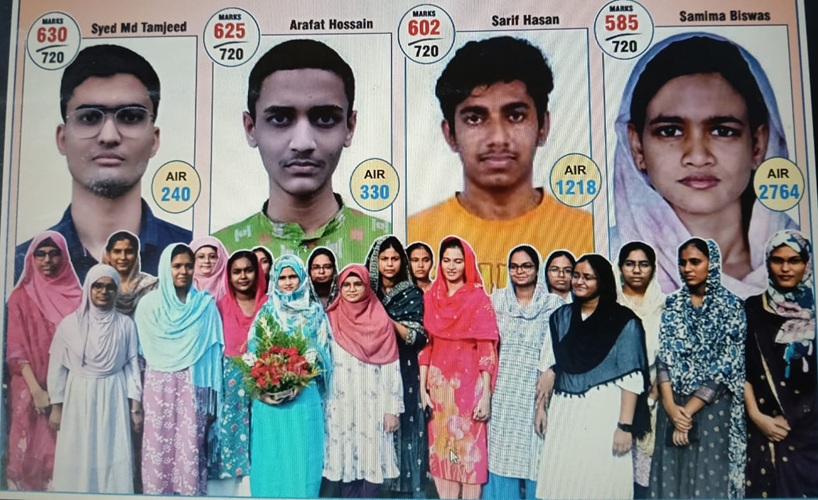 London : The Indian government’s vision to create 100 new smart cities to support the rapidly growing urban population could have a significant detrimental impact on the environment, a study has warned.
London : The Indian government’s vision to create 100 new smart cities to support the rapidly growing urban population could have a significant detrimental impact on the environment, a study has warned.
Researchers led by Hugh Byrd, professor and a specialist in urban planning at the University of Lincoln, UK, said the detrimental environmental impact would increase at a greater rate than the population.
They asked for greater emphasis to be placed on providing new supporting infrastructure and utilities, if the harmful impact was to be reduced.
The study is based on an analysis of the environmental implications of the planned developments in Bhendi Bazaar — a 16.5-acre site in Mumbai — put forward as a flagship of the proposed new “smart” cities.
According to the proposal, Bhendi Bazaar would see medium-rise housing (between three and five storeys) replaced with high-rise towers of 40 to 60 storeys, which the government had said is “sustainable, environmentally friendly and ‘smart'”.
However, the research suggests that the resulting increase in population density was likely to place significant extra demands on resources, including electricity and water.
“The pursuit of cities to become “smart”, “world-class”, “liveable”, “green” or “eco” has been promoted alongside increased population densities and urban compaction,” the researcher said.
“This planning goal (will) reach a point where resources are inadequate for the fully functioning metabolism of a city,” said Byrd.
Simultaneously, it will also increase the output of waste in the form of drainage, solid waste and greenhouse gases, the research paper, published in the Journal of Contemporary Urban Affairs, contended.
“In this case, the metabolism does not increase linearly with density but accelerates instead, so the detrimental environmental impact will increase at a greater rate than the population increase,” Byrd said.
The Bhendi Bazaar case study offers an example in terms of increased density, improved image and urban regeneration.
However, it does not offer an answer to the problems of providing an adequate infrastructure to support the metabolism of such developments if they were to be significantly replicated, the study said.
“On this basis the exemplar development does not support the case for calling the proposals for Mumbai “smart” or “sustainable”,” Byrd noted.
—IANS





0 Comments